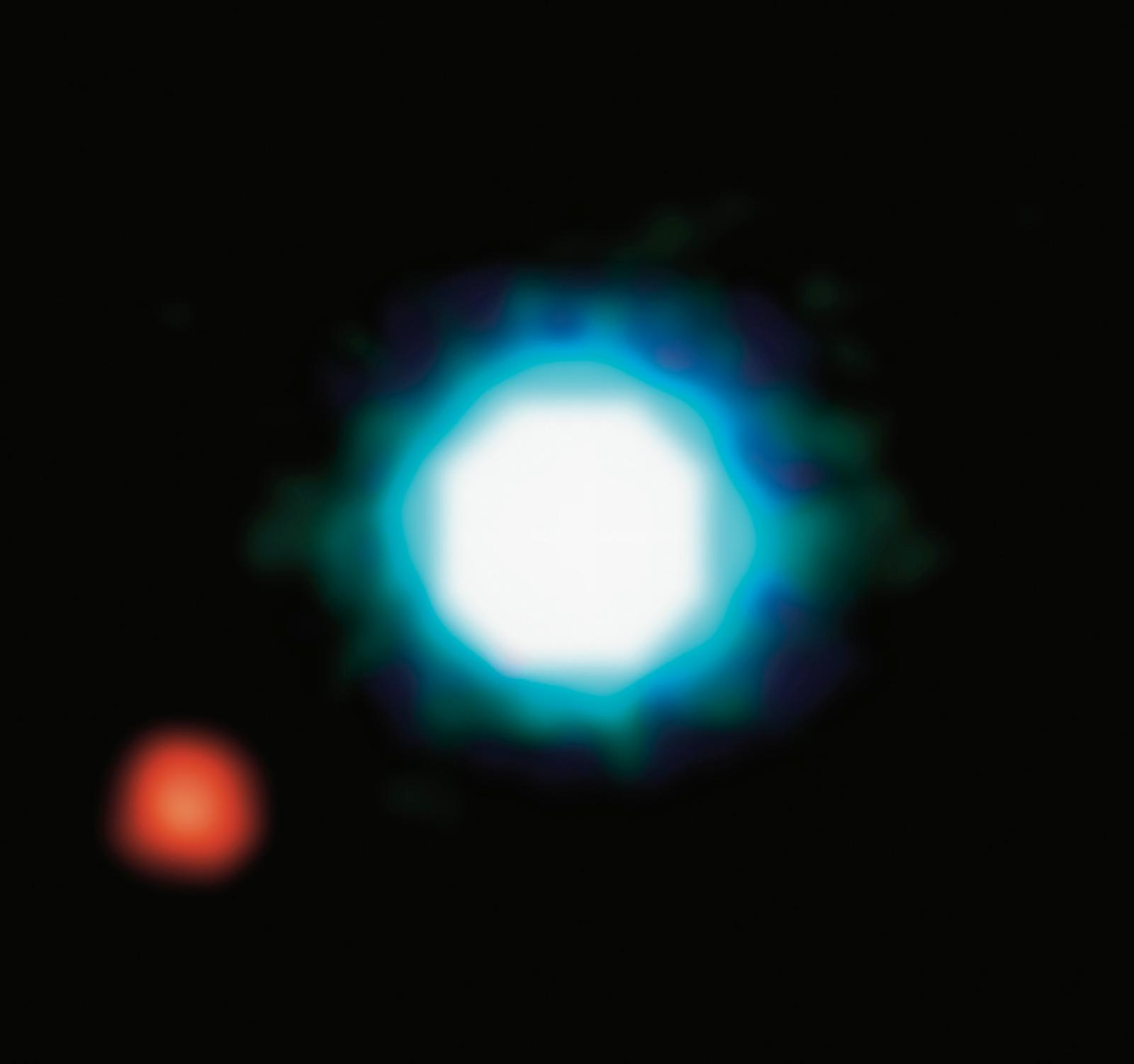IEEC celebrates its 20th anniversary with the lecture series “Discovering the Universe” at CosmoCaixa

To celebrate the 20th anniversary, the IEEC has organized jointly with Obra Social “la Caixa” a cycle of lectures Discovering the Universe. The Institute of Space Studies of Catalonia (IEEC), 20 years doing research in space, in order to spread the space research done in Catalonia. The talks will take place on 16, 22 and 29 November at 19h at the CosmoCaixa of Barcelona
Discovering the Universe. The Institute of Space Studies of Catalonia (IEEC), 20 years doing research in space
On November 16 Ignasi Ribas, researcher of the Institute of Space Sciences (IEEC-CISC) and director of the Astronomical Observatory of Montsec (IEEC) will talk Looking for Earth 2.0.
exoplaneta
Are there other living beings in the universe? How long we will spend before we find other planets like ours. How will we know if they are inhabited? These questions leave no one indifferent. Most encouraging is that science is a way of responding. To date researchers have discovered more than 2000 planets orbiting other stars, and Nature has revealed a wealth of planetary systems than we ever would have imagined. This has been thanks to the development of techniques to achieve measure speed, brightness and position of the stars with exquisite precision. This talk will review the methods that allow us to discover exoplanets and the most spectacular recent findings described. Ribas will present the new space missions and projects with special emphasis on the CARMENES instrument, which should allow this great scientific revolution, continue to discover planets similar to our Earth, the Earths 2.0.
On November 22, Francesca Figueras, researcher and vice-director of the Institute of Cosmos Sciences (IEEC-UB) and co-director of the Institute for Space Studies of Catalonia (IEEC) will give a talk on the first data of the Gaia mission: the whole galaxy in a petabyte. The first data from the mission GAIA have allowed us to obtain the most precise 3D map of our galaxy. Since its launch in 2013 its two telescopes capture light from stars and other celestial bodies in its orbit so precisely as if from Earth could observe a one-euro coin at the Moon. With GAIA multiply by ten thousand knowledge that until now have of the Milky Way as the satellite moves continuously and changes its angle to the sun. Therefore, you can register not only the stars but also other bodies such as quasars, planets extrasolar or asteroids. You will observe all celestial objects up to 400,000 times lower brightness than that seen by the human eye at first glance. Gaia will see each object between 75 and 100 times in order to create a 3D reconstruction. During this lecture, we know the latest data collected by GAIA.
Artist_s_impression_of_Gaia
And to close the cycle, on November 29, Carlos F. Sopuerta, Researcher at the Institute of Space Sciences (IEEC-CSIC) will talk about the discovery of gravitational waves and the beginning of a new astronomy. LIGO (Gravitational Wave Observatory Laser Interferometry) has just inaugurated the era of Gravitational Wave Astronomy observing the first binary black hole system. At the same time, on the one hand, the space mission LISA Pathfinder ESA has demonstrated technology for future space gravitational wave detector, the L3 mission of ESA, and on the other hand, radio telescopes to monitor pulsars are very close to detect gravitational waves at very low frequencies. All those events make gravitational waves are very important to better understand the universe, especially the most “dark” phenomena as those involving black holes ingredient. This talk will discuss how these waves will be detected and what discoveries we expect in the coming years.
LISA_Pathfinder_in_space_large
